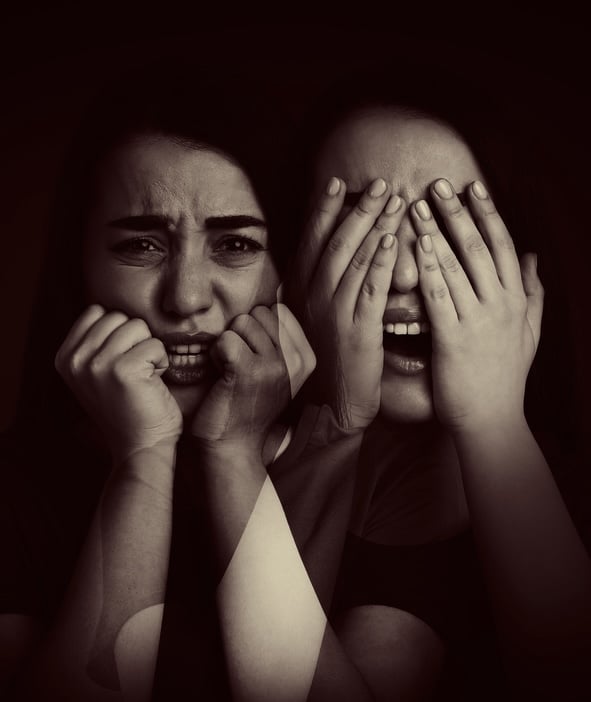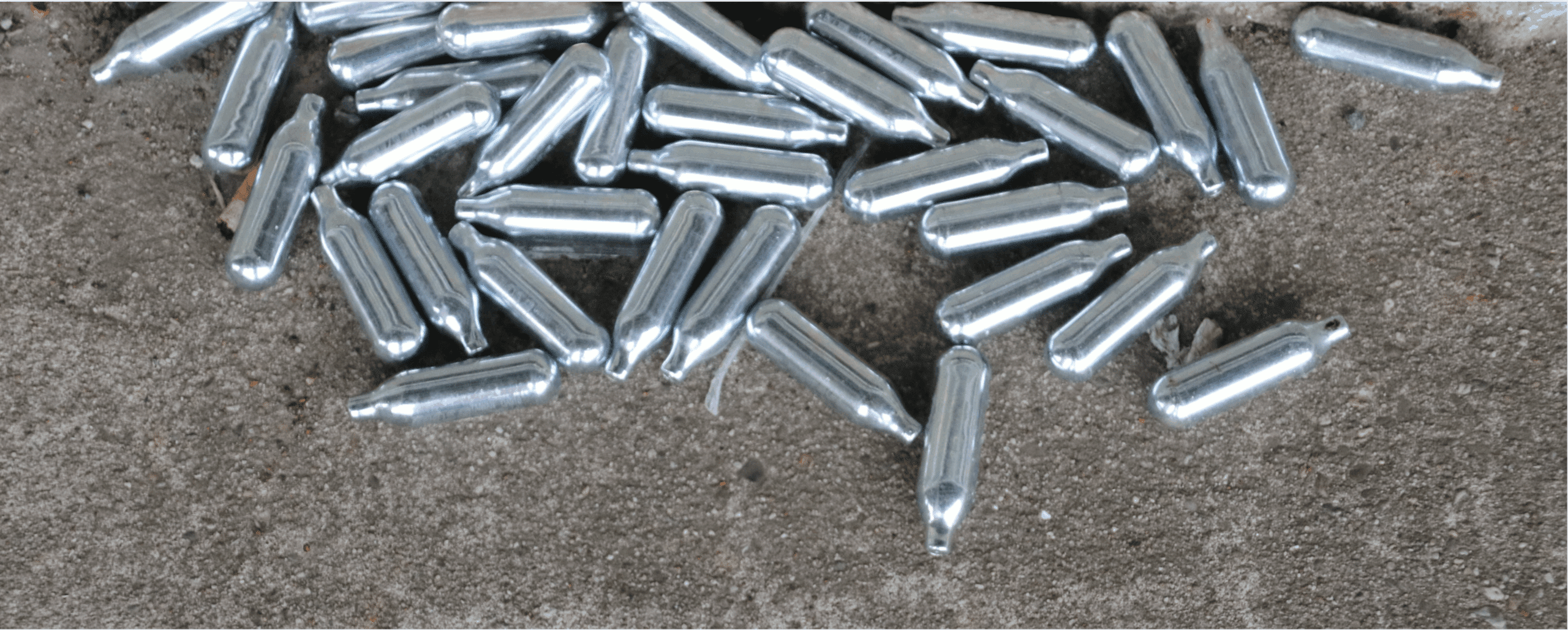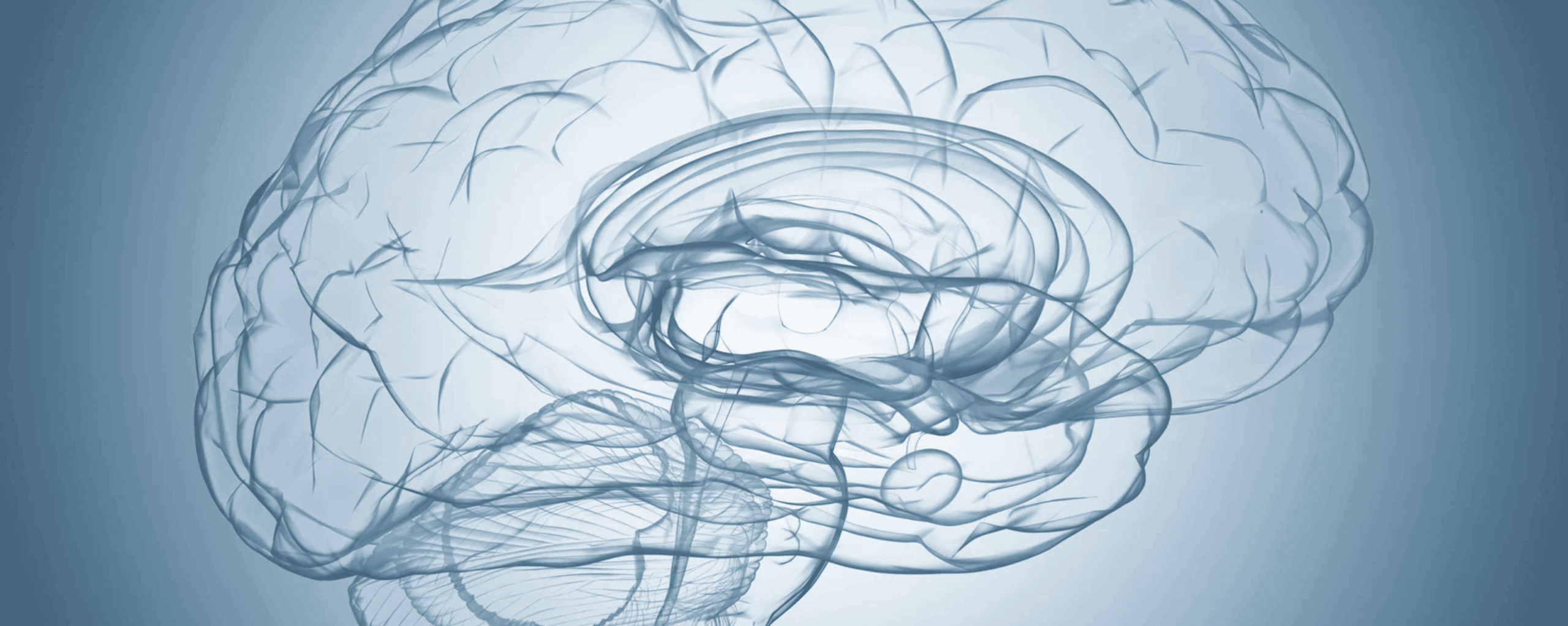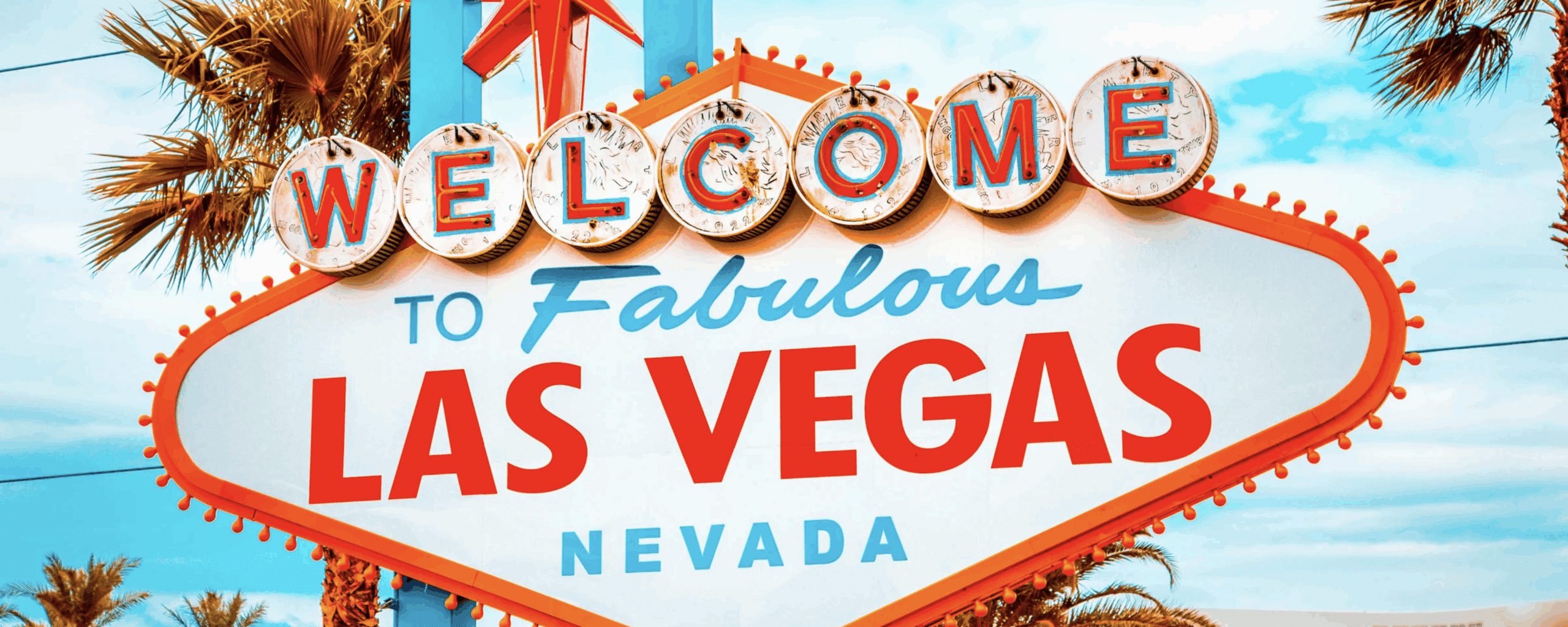Drug induced psychosis is a mental disorder that can occur after taking certain drugs. The most common types include paranoia or delusions. Drug induced psychosis can have a profound impact on your life, making it difficult to function normally. If you or someone you know has experienced this type of psychosis, it’s important to seek professional help as soon as possible.
What Are the Symptoms of Drug Induced Psychosis?
Symptoms can vary depending on the person and the substance abuse involved, but there are some commonalities. Psychosis is a mental state where reality is significantly different from what is considered normal. People with drug induced psychosis may see or hear things that are not there, believe falsehoods, or experience paranoia. They may also have trouble sleeping, be agitated or confused, and have difficulty concentrating. If left untreated, psychosis can lead to serious consequences, including self-harm and violence.
Symptoms can vary depending on the individual. They may include paranoia and experiences like:
- Auditory or visual hallucinations: Seeing or hearing things that are not there
- Delusions: False beliefs that are not based in reality
- Paranoia: Feeling that people are out to get you or that you are being watched
- Agitation: Feeling restless and unable to sit still
- Hostility: Feeling angry and hostile towards others
- Mood swings: Feeling happy one moment and angry or upset the next
- Behavioral changes: Including apathy; risky behavior; isolation; and differences in speech, movement, eating, and sleep

What Causes Drug-Induced Psychosis?
The National Institutes of Health (NIH) report that there are many potential contributing factors to substance induced psychotic disorder, including:
- Using drugs or alcohol in combination with other substances, such as caffeine, nicotine, or prescription medications
- Taking high doses of a drug or using it for long periods of time
- Having a history of underlying mental health conditions (dual diagnosis), such as schizophrenia or bipolar disorder that put you at higher risk for persistent psychosis symptoms
- Using psychoactive drugs that are especially potent, such as cocaine, cannabinoids, amphetamines, or PCP
What Is Drug Induced Schizophrenia?
The term “drug induced schizophrenia” is misleading and not clinically recognized. The term used in the DSM-5 is “substance/medication-induced psychotic disorder.”
Drugs cannot cause schizophrenia. A schizophrenia diagnosis can potentially be triggered because of substance use. This can be due to hereditary or pre-existing conditions that put drug abusers at higher risk for mental health symptoms. In people who are susceptible to schizophrenia, drugs like cannabis, LSD, and amphetamines can trigger symptoms of psychosis.
What people think of as drug induced schizophrenia is characterized by delusions and hallucinations, as well as other persistent psychotic symptoms.
People with this condition may believe they are being persecuted or that they have special powers. They may also experience changes in their thinking and behaviors.
Drug induced schizophrenia usually develops within a few weeks of using the drug. While there isn’t a direct cause and effect between using drugs and developing schizophrenia, some drugs are thought to increase your risk of developing these types of mental health disorders. In most cases, it goes away after you stop taking the drug. In some cases, the symptoms may persist even after you quit using drugs and stop experiencing adverse events. Treatment for this condition generally involves medication and psychotherapy.
People with schizophrenia often need medication and therapy to manage their symptoms. Some people with a predisposition to schizophrenia or who already have it may experience drug induced psychosis. This can happen when they use drugs or alcohol or when they stop taking their medication. Drug induced psychosis can exacerbate symptoms of schizophrenia, such as delusions and hallucinations. It can also cause other problems, such as anxiety disorders and depression.
What Drugs Can Cause Psychosis?
Any drug that interferes with brain chemistry has the potential to increase your risk for drug induced psychosis, but the most common drugs and psychoactive substances linked to drug-induced psychosis are:
How Long Does Drug Induced Psychosis Last?
It is difficult to estimate how long substance induced psychosis will last because the condition can vary depending on the drug and the person. Some cases may only last for a few days, while others persist for weeks or even months. In rare instances, the psychosis may be permanent.
While the exact mechanisms underlying this psychosis aren’t fully understood, it is thought that the drugs interfere with normal brain chemistry, leading to changes in cognition and perception. In some cases, these changes may be temporary. In other cases, they can be permanent.
How Do You Prevent It?
The only sure way to prevent psychosis from illicit drugs is not to take them. Even a one-time use of a drug like meth can lead to drug-induced psychosis.
If you’re taking prescriptions, it’s important to follow your doctor’s instructions, and there are some steps you can take to help prevent drug-induced psychosis:
- Medication management – Only take the prescribed dosage of any medication. If you are unsure about the correct dosage, ask your pharmacist or doctor for clarification.
- Abstinence from substances – Avoid alcohol and recreational drugs, as they can amplify the effects of the medication and increase the risk of psychosis.
- Doctor evaluations – Tell your doctor if you have any family history of mental illness, as this may increase your risk of developing drug induced psychosis.
What Are the Long-Term Effects?
The long-term effects can include:
- Developing a mental illness, such as schizophrenia
- Persistent hallucinations or delusions
- Inability to think clearly or process information properly
- Problems with memory and concentration
- Difficulty regulating emotions and behavior
- Social isolation and withdrawal from friends and family
- Suicidal thoughts or behavior
How Is Drug Induced Psychosis Treated?
This type of psychosis is treated by stopping the use of the drug that is causing the problem. If you don’t stop using the drug, the psychosis may continue or get worse. In some cases, hospitalization may be necessary. If you have a medical condition that is causing the psychosis, treatment for that condition may also be necessary.
Treatment focuses on relieving your symptoms and helping you recover. This may include
- Antipsychotic medication
- Therapy
- Educational, occupational, and social interventions
- Support from friends or family
Psychosis as a result of drugs is serious, and addiction treatment can offer vital support if you have experienced it.

The first step in drug rehab is detox, which will help your body rid itself of the drugs that are causing psychosis. Once you have detoxed, you will be able to participate in therapies that can address the underlying causes of your addiction, such as trauma or mental illness. This can take place in inpatient rehab or intensive outpatient programs. Addiction treatment can also provide you with tools and techniques that will help you cope with cravings and triggers so you can stay on the path to recovery.
Addiction treatment could be the key to rebuilding your life.
Looking for Help?
If you or someone you know has experienced drug induced psychosis, it’s a sign that it’s time to get help. Vogue Recovery Center’s team of experienced doctors and counselors will work with you to develop a customized treatment plan that meets your unique needs. We offer both inpatient treatment and outpatient rehab. Overcoming addiction is not easy, but we are here to help you every step of the way. Contact us today to learn more about our addiction treatment programs.
References

Evan Gove

Latest posts by Evan Gove (see all)
- Dangers of Mixing Prozac and Alcohol - September 10, 2024
- Is Prednisone Addictive? - September 9, 2024













